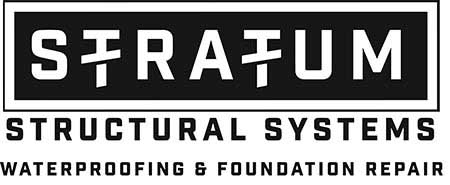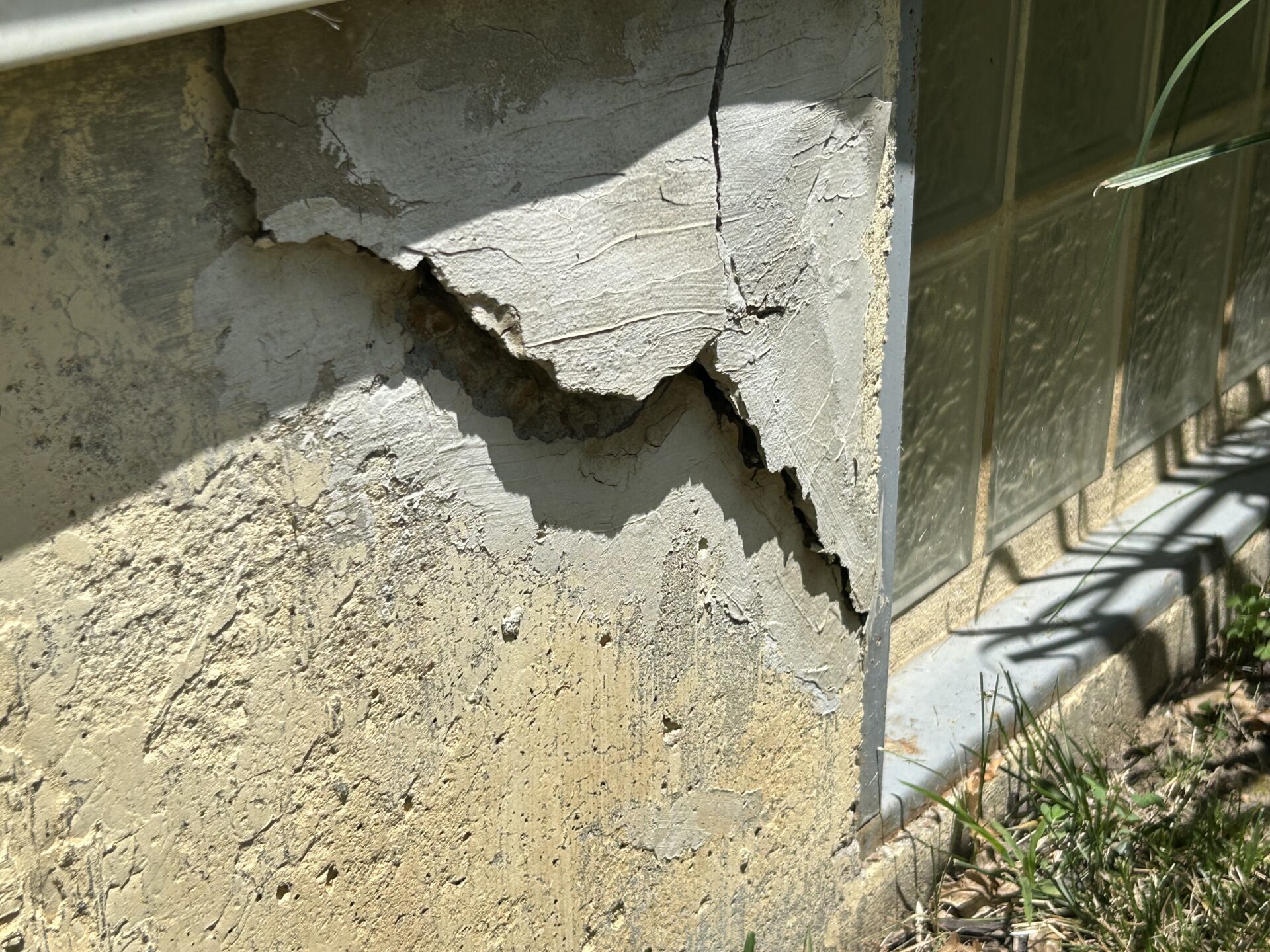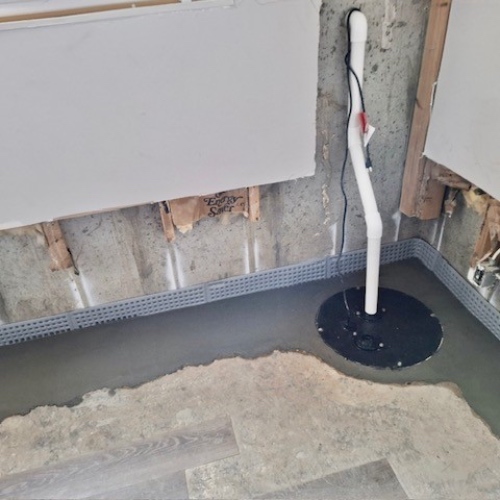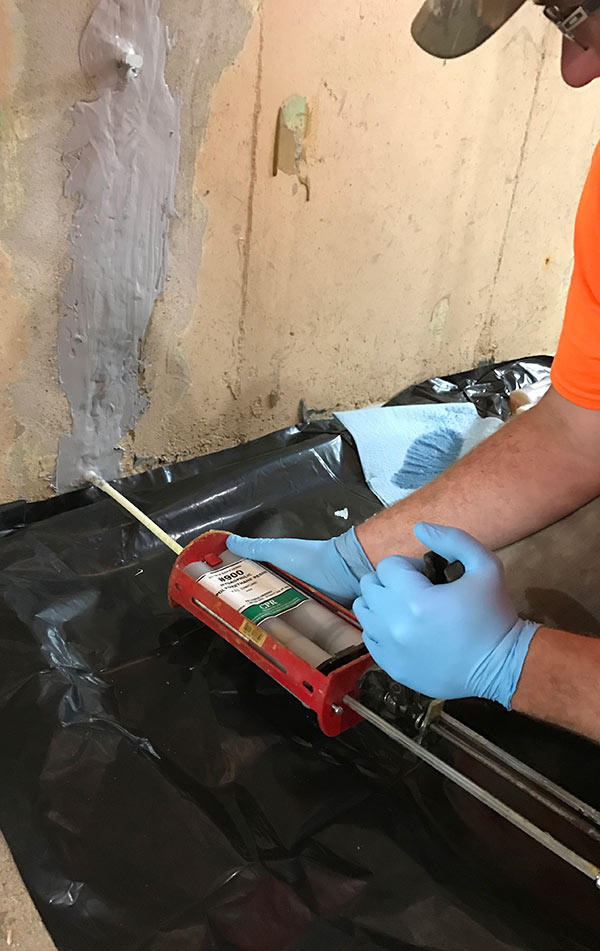St. Louis Foundation Crack Repair: Protecting Your Home’s Foundation
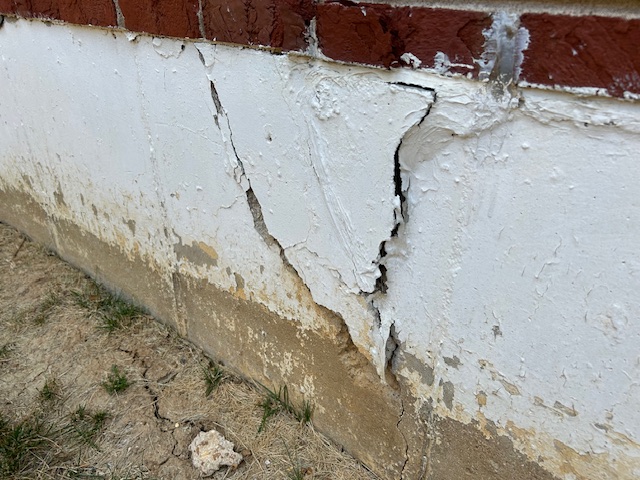
As a homeowner in St. Louis, you know that your house is more than just a building. It’s your sanctuary, your investment, and the place where memories are made. However, like any structure, homes in our area can face challenges. One of the most common issues in St. Louis is foundation cracks. Identifying cracks in the foundation and repairing them promptly is key for maintaining the integrity of your home. In need of foundation crack repair in St. Louis? Here’s everything you need to know!
Analyzing Foundation Cracks
Foundation cracks can occur due to various factors, such as soil movement, temperature changes, water intrusion, and settling. Each case is unique, requiring a tailored approach for effective repair.
The first step in repairing foundation cracks and the damage they may have caused is to assess the type of foundation crack. Foundation cracks come in various shapes and sizes, each telling a different story about your home’s health.
Here in St. Louis, we commonly see four types of cracks:
- Vertical Cracks: Sometimes
- These can be the least concerning, especially corners of basement windows which usually result from normal settling.further evaluation is recommended.
- Diagonal Cracks: These can indicate uneven settling or a bowing wall and might need a closer look.
- Horizontal Cracks: These are the ones to watch out for, as they can signal serious pressure on your walls.
- Stair-step Cracks: Common in brick or concrete block foundations, these zigzag cracks can be a sign of settling or moisture issues and should never be ignored or simply patched.
Recognizing the type of foundation crack can help determine any additional problems on your property. Let’s take a closer look at common foundational issues and the types of cracks that are usually the culprits.
Bowing Walls and Horizontal Cracks
Bowing walls occur when foundation walls begin to bend or push inward under pressure, usually due to forces exerted by the surrounding soil. This phenomenon is particularly common in areas with clay-rich soils following prolonged heavy rains, like we have in St. Louis.
In The Gateway to the West, the soil can expand when wet and shrink when dry. This movement exerts significant pressure on your foundation walls, causing them to bow inward. Not only does this compromise your home’s structural integrity, but it can also lead to more severe and costly issues if not addressed promptly.
Bowing walls are often accompanied by diagonal or horizontal cracks, which serve as a clear indicator that your foundation is under stress. These cracks typically form when the pressure from the outside soil becomes too great for the wall to bear, leading to a split along its length.
Horizontal and diagonal cracks are particularly dangerous because they suggest that the wall is losing its ability to hold back the soil, making it more likely to fail. If left unchecked, this can result in substantial damage to your home’s foundation, posing safety risks and reducing property value.
Beam Pocket Issues and Vertical Cracks
Beam pockets are the areas in your foundation walls where support beams rest. They are crucial because they support the main structural beams of your home, ensuring stability and distributing weight evenly across the foundation.
If these areas deteriorate, it can compromise the overall structural integrity of the building. These spots can be particularly vulnerable to moisture and deterioration, which can lead to serious structural issues if left untreated.
Signs of beam pocket issues include:
- Crumbling Concrete: Look for concrete around the beam that is breaking apart or deteriorating.
- Visible Gaps: Noticeable gaps between the beam and the pocket can signal a problem.
- Moisture or Water Stains: Any signs of dampness or water stains in the area are a red flag.
If you notice any of these signs, it’s crucial to act quickly. Beam pocket problems can compromise your home’s structural integrity if left unchecked.
How to Determine If A Foundation Crack Is An Emergency
Regular inspections are essential to maintaining your property’s structural integrity and value. Over time, even minor issues can escalate into significant problems if left unchecked.
Cracks in your foundation, walls, or floors might seem insignificant at first. However, they can be early indicators of more severe damage, such as settling or shifting soil, water intrusion, or even compromised load-bearing structures. By catching these issues early through regular inspections, you can avoid costly repairs and ensure the safety of your home.
Delaying the repair of cracks can lead to more serious consequences. Hairline cracks may not pose an immediate threat, but larger cracks, especially those wider than 1/4 inch, can indicate substantial foundational movement or structural stress.
Horizontal cracks, as well as those that appear to widen over time, should be addressed immediately, as they often signify critical issues that can compromise the stability of your property. Moisture seeping through these cracks can also lead to mold growth, wood rot, and further weakening of the building materials.
Where to Get St. Louis Foundation Crack Repair?
As the leading specialists in foundation repair, our team at Stratum Structural Systems is deeply committed to preserving the structural soundness of your home. We honor the legacy of our founders by maintaining the highest standards of excellence in our field.
Our skilled professionals are genuinely enthusiastic about their work. They combine cutting-edge techniques with premium materials to create customized, enduring solutions for all types of foundation problems.
We’re equipped to handle a wide range of issues, from small fissures to complex structural concerns. Our expertise ensures that your home remains stable and protected, starting with its very foundation. When you choose Stratum Structural Systems for foundation crack repair in St. Louis, you’re selecting a partner dedicated to the long-term strength and safety of your property.
